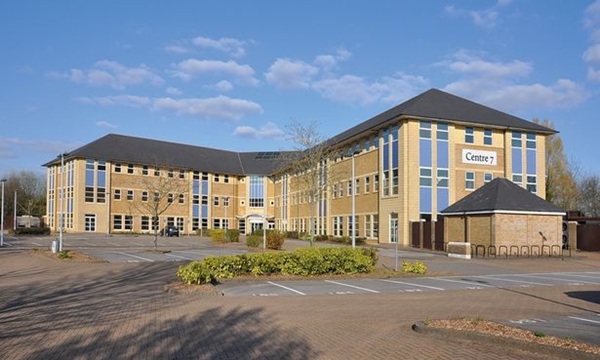
GUEST COLUMN:
Howard Rupprecht
Managing Director
CS Connected
When we talk about building a modern, resilient, knowledge-driven economy for Wales, there’s one message that’s becoming impossible to ignore – talent is everything.
And right now, there’s no better sector to anchor a global recruitment strategy around than the one quietly thriving here in South Wales – compound semiconductors.
It might not be a household name, but this industry is powering some of the most exciting technologies in the world. From power electronics to photonics, radio frequency to lasers, the chips coming out of Welsh factories are critical to sectors as diverse as electric vehicles, 5G, aerospace, and healthcare.
Unlike the ultra-high-volume microprocessors manufactured in places like Taiwan, our compound semiconductor plants focus on specialist chips that drive innovation in fast-growing markets and we’re doing it at a world-class level.
The global context makes this even more urgent. With escalating geopolitical tensions and Trump’s reintroduction of punitive tariffs on chips manufactured outside the US, the semiconductor industry is more visible and more strategically important than ever before. Add to that the massive investment packages in the Biden era, such as the US CHIPS and Science Act ($52.7 billion) and its European equivalent (€43 billion), and you get a sense of just how fiercely competitive the global landscape is.
So how do we in Wales compete? Not by trying to match subsidies dollar for dollar – that’s a battle we simply can’t win. Instead, we compete with talent, quality of life, and long-term career prospects.
Let’s look at the facts. South Wales’ semiconductor sector currently employs around 3,000 people, but it punches far above its weight, generating approximately £507 million in revenue in 2024 . What’s more, 95% of what we produce is exported, a remarkable achievement that demonstrates just how embedded we are in global supply chains.
This is a high-value, knowledge-intensive industry creating so-called “sticky jobs” – roles that are deeply rooted in place, due to the enormous capital investment and long lead times involved in setting up a semiconductor fab. For instance, Newport Wafer Fab has been operational since 1982 and is still thriving more than four decades later. These aren’t throwaway gigs, they’re resilient, future-focused careers.
Globally, the semiconductor industry is facing a talent shortage of 250,000 to 300,000 people by 2030. And this is where Wales has a unique opportunity. We have two excellent universities in Cardiff and Swansea, producing around 200 high-level graduates every year in relevant fields like material science and physics.
We're also building out the vocational and apprenticeship pipeline for skilled technical roles. And critically, we offer a lifestyle that’s hard to beat, affordable living, beautiful landscapes, and a growing tech ecosystem with multiple employers clustered together, reducing risk and offering long-term career pathways.
While the US is pouring money into fabs it may struggle to find talent, thanks to tightening immigration and a lack of domestic graduates. Wales can offer something powerful, a place where people want to live, work, and build careers. And that’s something money alone can’t buy.
I know this from experience. After spending 20 years abroad, I came back to the UK and I chose Wales, not just for the job, but because there was a cluster of companies here. That de-risks a move and makes it a viable long-term option for global professionals.
So if we’re serious about future-proofing the Welsh economy, let’s be bold. Let’s embrace the global race for talent, not as an afterthought, but as a core pillar of our economic strategy.
And let’s proudly tell the world that in Wales, we don’t just make chips, we make careers, we make futures, and we do it in one of the most beautiful and welcoming places in the world.







